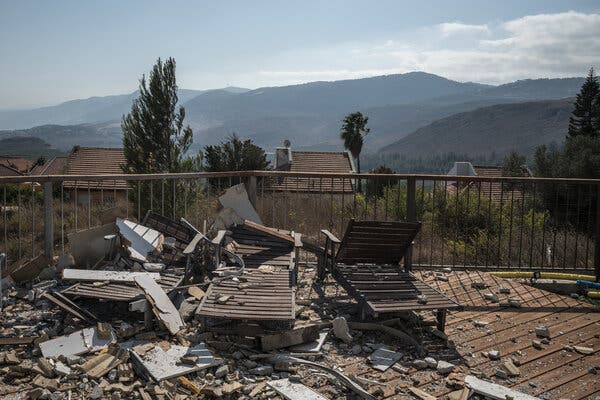After years of failed deals and tit-for-tat violence, neither the Israelis nor the Palestinians believe their adversaries will ever negotiate in good faith.

The last, best chance for a peace plan between Israel and the Palestinian authorities came in 2008, when then-Prime Minister Ehud Olmert was prepared to give up territory in the West Bank, allow some refugees to reclaim land and even relinquish control of Jerusalem’s Old City to an international committee as part of recognizing Palestine as a sovereign state.
And then the potential deal fell apart, for reasons that Mr. Olmert still finds difficult to explain. “This was something that would have changed the Middle East,” he said in an interview about his failed talks with the Palestinian Authority’s president, Mahmoud Abbas. “He was not ready to take any risk.”
Mr. Abbas, for his part, has said he was not given a proper opportunity to examine the proposed map of the West Bank and asked for more time. Days later, Mr. Olmert resigned under a cloud of corruption accusations, and the deal died.
No one in Israel today is thinking about such peace talks, amid fears that a sovereign Palestinian state would find it easier to mount another attack like the one Hamas undertook last Oct. 7, killing 1,200 people and setting off the war in Gaza.
Diplomacy has taken a back seat to military force, in a shift in Israel that reflects years of distrust and failed deals, like the aborted 2008 effort, that have all but cemented the belief among the adversaries that neither side will negotiate in good faith. Officials and experts doubt those attitudes will be reversed any time soon.
Among the democratic nations it is widely agreed that Israel has a right to defend itself from the so-called ring of fire it faces from Iran and its proxy fighters in Lebanon, Iraq, Syria and Yemen that want to destroy Israel.



